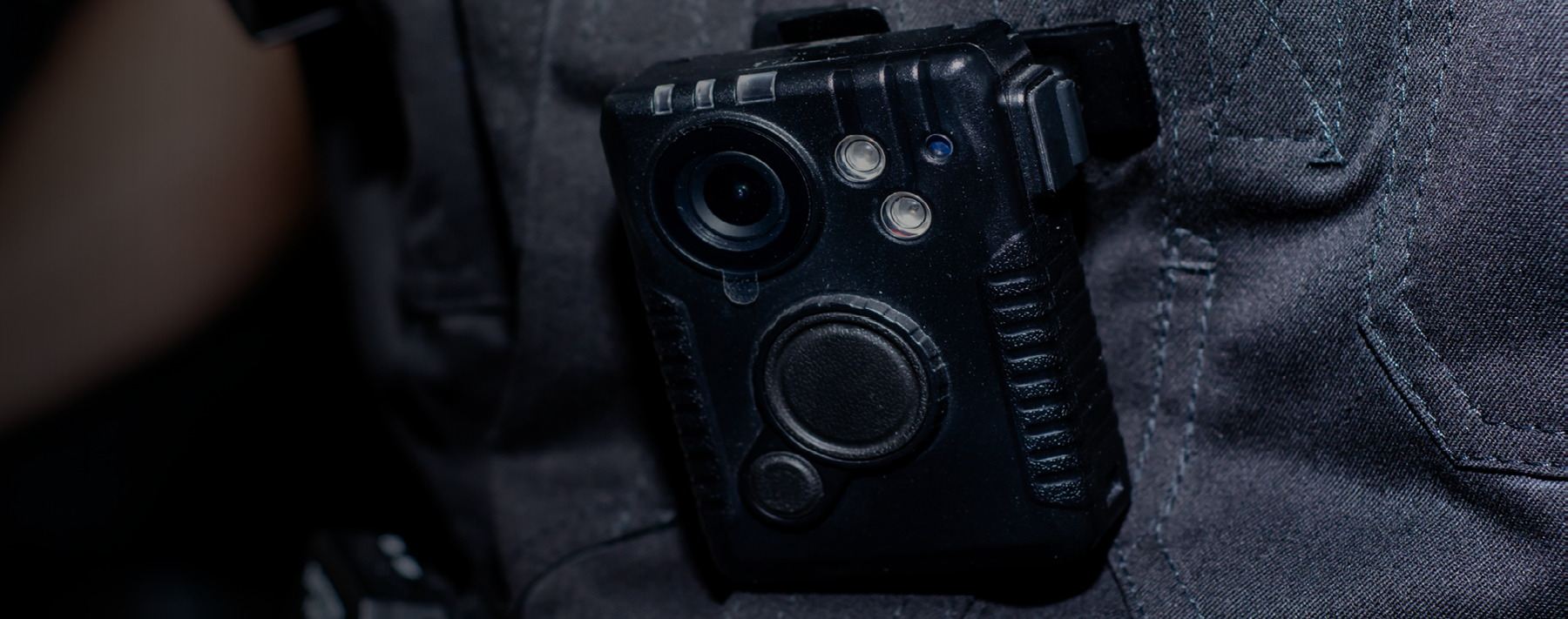Stockdale v. Helper, 2020 WL 6372910 (6th Cir. 2020)
Lieutenant Patrick Stockdale told District Attorney Kim Helper he had concerns about the arrangements between two private security firms and police officers. DA Helper, not a fan of Lieutenant Stockdale, replied that her “office will act as we deem appropriate.” Two weeks later, the police chief retired. DA Helper expressed her thoughts on the chief’s replacement, informing an associate, “God help us if it’s Dunning or Stockdale.”
A short time later, the city manager asked the county sheriff to investigate the police department. The city manager placed Lieutenant Stockdale and Lieutenant Dunning on administrative leave. Stockdale and Dunning responded with a lawsuit alleging violations of their free speech rights under the First Amendment and state law. In the interim, the city hired a new city manager. After reviewing the Sheriff’s report, the new city manager concluded Stockdale and Dunning should not have been fired and reinstated them.
The department was still without a police chief. DA Helper expressed her feelings about the police department’s troubles to the mayor, who directed her to speak with the city manager. Helper and the city manager had a heated conversation in which Helper shared her negative views of Stockdale and Dunning. Helper told the city manager she did not trust them. She later wrote an email stating she would turn over the Sheriff’s Department report about the police department troubles to a defense attorney in any case involving either Stockdale or Dunning and would not “take their cases.” Essentially, she told the city manager Stockdale and Dunning were on her office’s Brady list. The city manager fired the two lieutenants, explaining the DA’s email provided the “sole reason” for the terminations.
Stockdale and Dunning sued DA Helper; the DA claimed absolute and qualified immunity. The district court denied both claims. A prosecutor has absolute immunity for functions “intimately associated with the judicial phase of the criminal process” (Imbler v. Pachtman, 424 U.S. 409 (1976)). The appellate court noted the “analytical key to prosecutorial immunity…is advocacy—whether the actions in question are those of an advocate.” But acts merely safeguarding the fairness of the criminal judicial process—say a prosecutor offering legal advice to officers during an investigation—do not necessarily warrant absolute immunity (Burns v. Reed, 500 U.S. 478 (1991)). The court quipped: “Think of qualified immunity as a face mask and absolute immunity as a vaccine, with a presumption that qualified immunity is fit for the job.”
Many prosecutors maintain a list of officers whose alleged misconduct could be considered Brady material.
Because DA Helper’s communications were not closely tied to the judicial process, she was not able to claim absolute immunity. Notwithstanding, the court held qualified immunity does protect her because her conduct did not violate any clearly established law. The court remanded the case to the trial court to determine Helper’s fate on claims based only on state law.
In Brady v. Maryland (373 U.S. 83 (1963)), the Supreme Court held that prosecutors must affirmatively share all known exculpatory information with the defense. This includes information about officers considered to be possibly untrustworthy as witnesses due to internal affairs investigations, evidence of bias or other issues. If the prosecutor fails to turn over all so-called “Brady material,” the criminal case may be dismissed and there may be civil liability and professional licensing sanctions. Many prosecutors maintain a list of officers whose alleged misconduct could be considered Brady material.
The Brady decision was intended to protect the due process rights of criminal defendants and the integrity of the judicial process. The due process rights of an officer placed on a Brady list are unclear, and in some cases, nonexistent. A prosecutor’s decision to place an officer’s name on a Brady list may be completely unknown to the officer and may be unreviewable at any level, depending on the individual policies and preferences of the district attorney.
Some have described the Brady list as being “weaponized.” In 2020, the Arizona Legislature considered House Bill 2114, which did not advance to a full vote due to interruptions related to COVID-19. The bill would have provided some due process for an officer to appeal placement on a Brady list. Increasingly, police organizations are advocating for some external review of a prosecutor’s Brady list determination and some basic appeal process. Whether or not Stockdale and Dunning belonged on Helper’s Brady list, this case illustrates a federal lawsuit is not that appeal process.
This blog was featured in our Xiphos newsletter, a monthly legal-focused law enforcement newsletter authored by Ken Wallentine. Subscriptions are free for public safety officers, educators and public attorneys.



